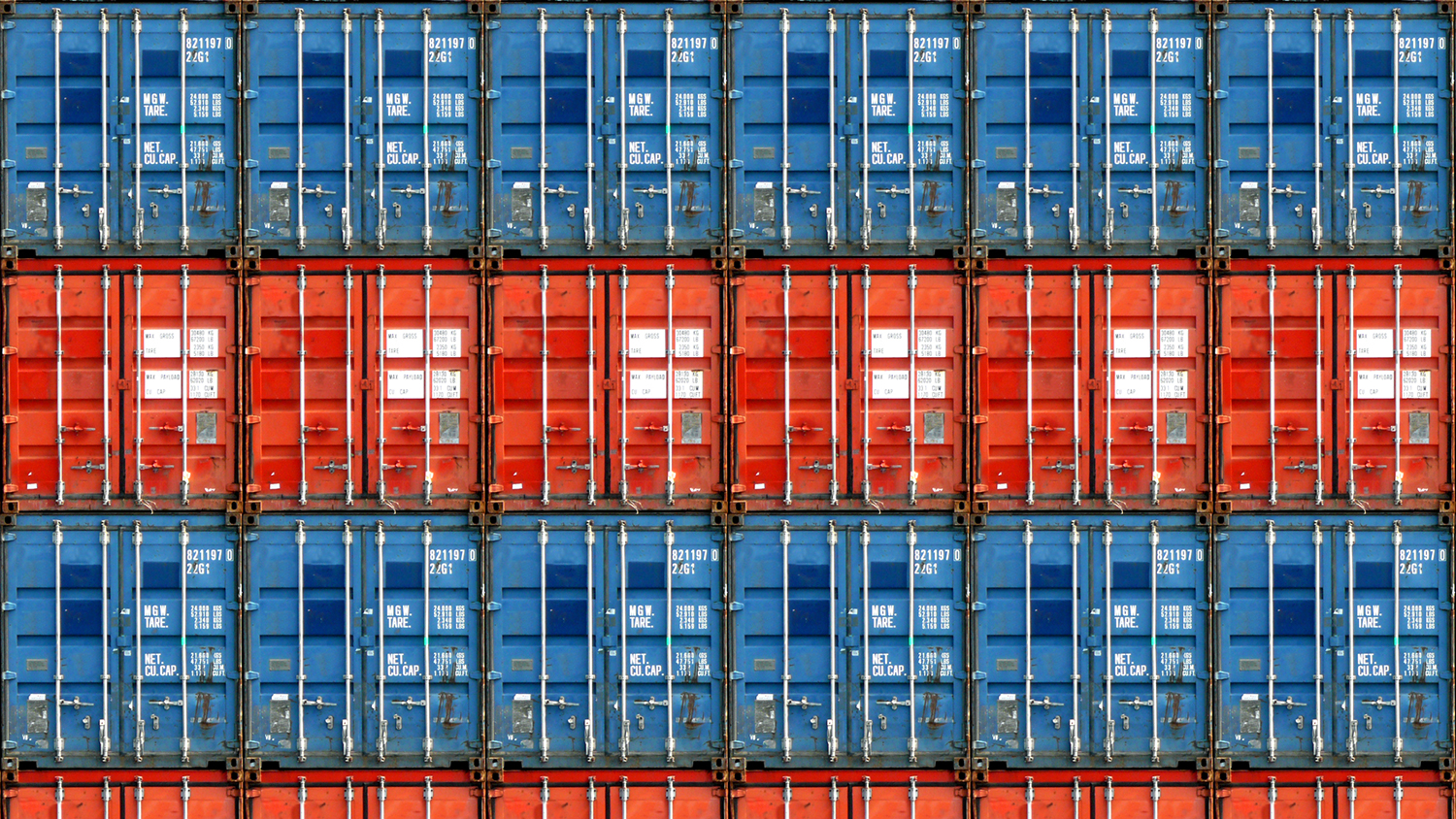
Standardisation is the crucial first step towards business and digital transformation for construction companies, says Procore’s Alice Graham.
Standardisation needs more business airtime at senior levels. Why? Because standardisation is essential if major technology purchases and implementations are to succeed.
Modern construction software is capable of accelerating a company’s journey to far greater efficiency and profitability. But businesses that want to push ahead with transformation plans, and to profit from the vast amounts of data produced by construction projects, must first standardise inputs.
What are standards and standardisation?
We don’t have to look far for examples of standards. UK legislation, design standards and the requirements of professional bodies, for instance, are full of them. RICS members like me are subject to guiding standards of conduct and practice by RICS. Standards already exist as rules, guidance and templates – things that can be accessed and referred to.
Standardisation, meanwhile, is the process of moving towards uniformity. For example, the global shipping industry has its foundations in the standard-sized containers that fit trains and lorries and that can be easily shifted at ports. This is the result of many decades of standardisation.
Construction is ripe with opportunities for further standardisation in many areas. For instance, it’s not unheard of for a company’s London office to produce a report that is different to what the Birmingham office produces. This does not provide consistency, and will undermine the company’s service offering to clients who receive the outputs.
How should I standardise?
Inevitably, we are talking about organisation-wide, documented protocols that are easily accessible and understood. New employees coming into the business should be able to access the definitive guides to the way their company does things, ensuring that they are not led astray by a maverick practitioner who doesn’t do things the company’s way.
Serious standardisation programmes need to be driven by leaders at the top of the business. As technology becomes an integral part of business processes, deviation from standard operating procedures means that certain project information will become a hindrance over benefit. Either way, the business will not be getting the full return on its technology investment.
Standardise data
Construction businesses and projects produce a lot of data, but it has been reported that some 96% of data generated in construction currently is not used. Data is helping many construction businesses to make their processes more efficient, but construction as a whole has yet to become a data-driven industry. This represents a major growth opportunity for forward-looking companies.
Standardising data is also necessary so it is portable from system to system, making businesses more agile and able to be more innovative. It also means a business can avoid a situation where it’s dependent on one system, making it difficult to switch vendors.
Standardise outputs
A connected world demands consistency. Safety reports, materials reports, inspection reports and many other kinds of report benefit from standardisation, making information easier to compare, analyse and interpret. It’s what managers in construction businesses want too: clean dashboards and visualised summaries, not column after column of figures with insights buried deep in the numbers.
Standardisation v flexibility
The argument for standardisation in construction processes gets stronger each day, but good leaders will instinctively understand that efforts towards uniformity need to be balanced with flexibility. There will always be projects and clients that are likely to require processes that deviate from company standards – client-driven standards, for example.
Where to make non-standard allowances, and where to mandate standard processes will surely be a bigger part of construction business leaders’ roles going forward. And they will do this knowing that, if they get this right, they will be building a stronger business.
Alice Graham MRICS is solutions engineer at Procore












